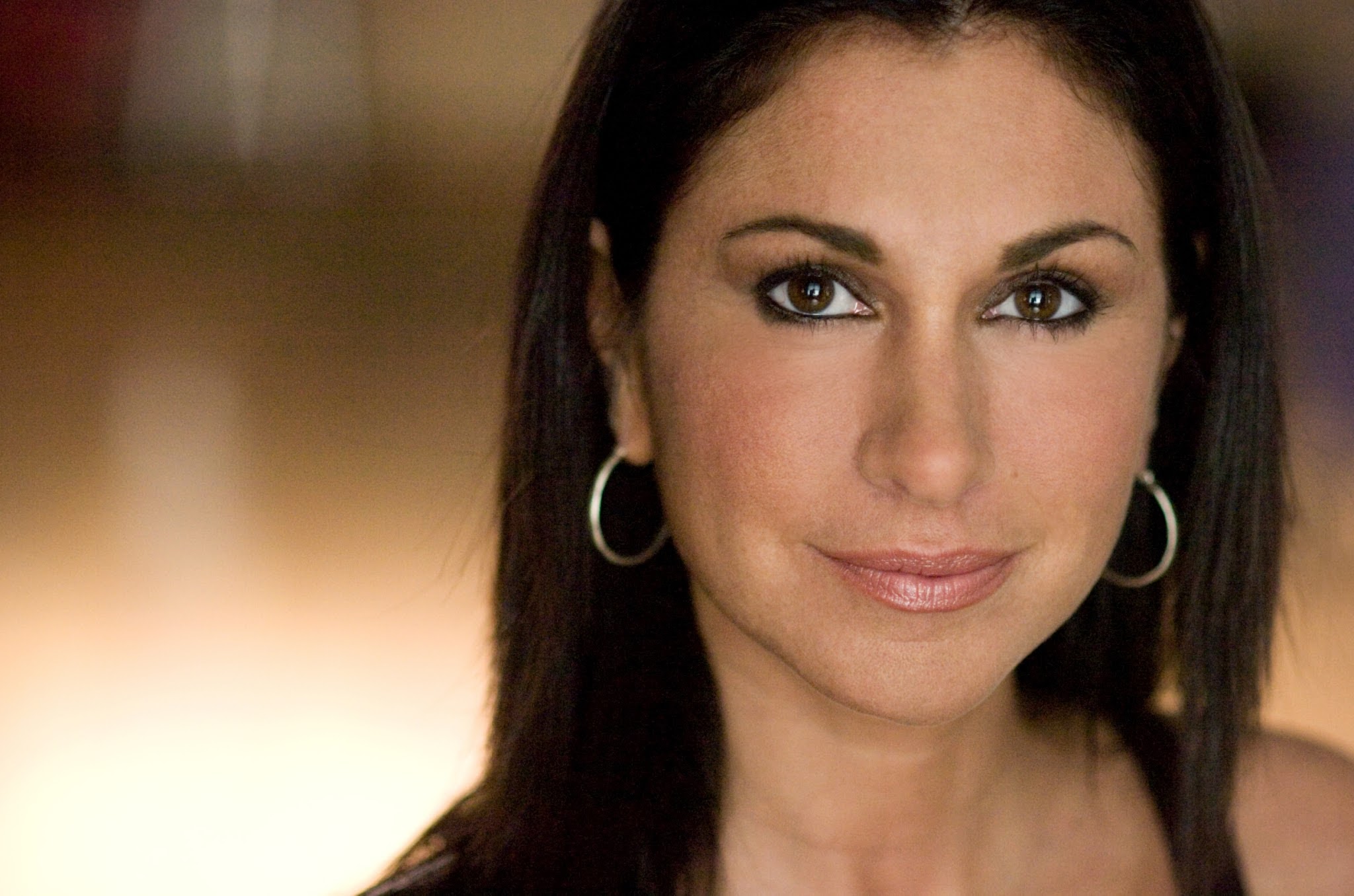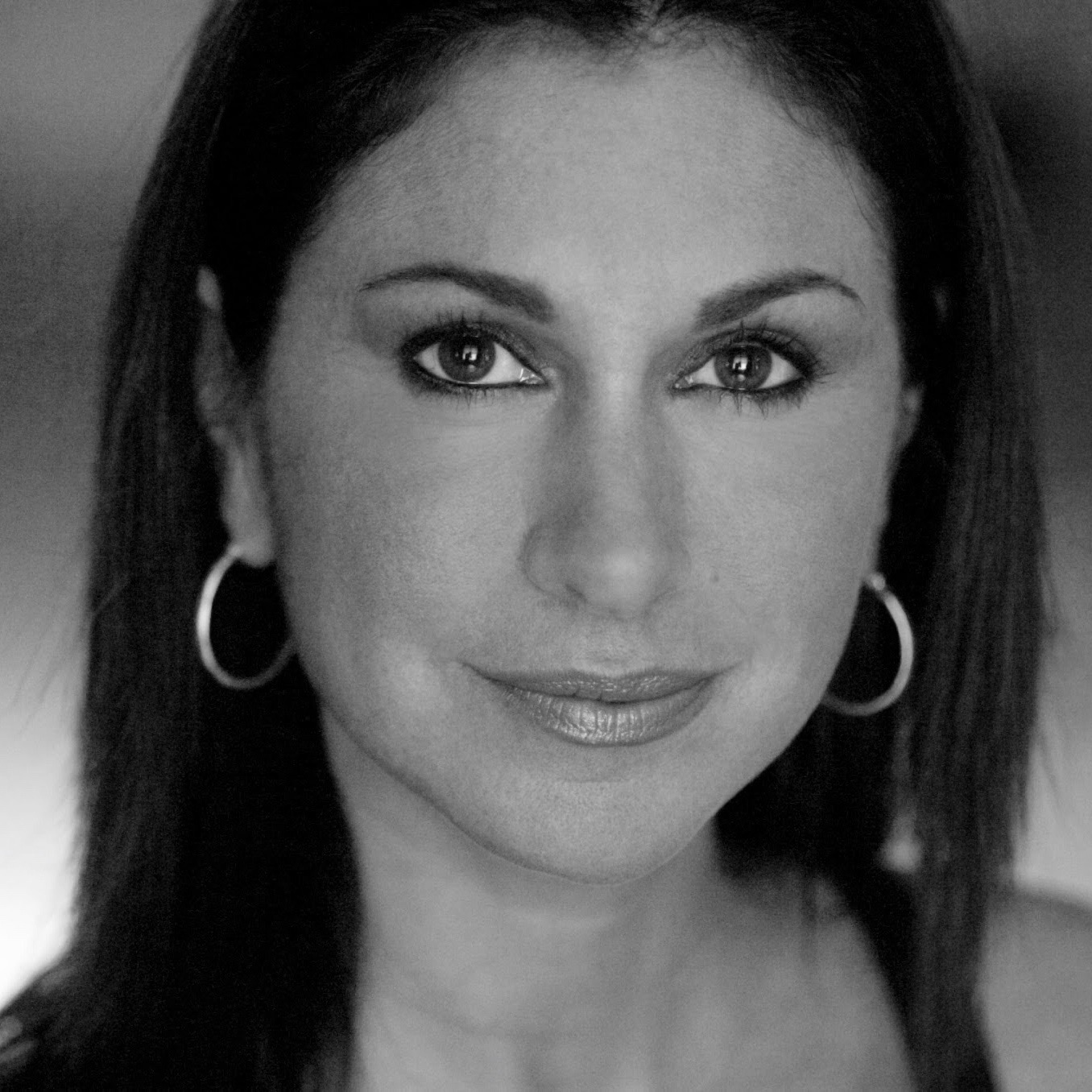
Q: What would you say are the three things an actor/writer needs to be mindful of when creating and acting in a one-person piece, that is different than in an ensemble piece?
I’ve had the honor of directing three solo shows, and it’s an art form that I love. I think a good solo play is one of the most generous forms of art because the artist is truly sharing their soul with the audience. The preparation is the same as if you were creating a play. You still are dealing with the given circumstances, previous circumstances, and your personal point of view on every aspect of the story, only, in this case, every relationship is with another character played by yourself!
Accepting the challenge of just three things, I’d say the most important to consider
are: Relationships, the Fourth Wall, and Soul.
When you are working on a play, you develop your character and know that when you bring it to the stage to live, what you’ve crafted will be altered by your moment to moment interaction with your scene partners. But when you’re playing all of the characters, who are you talking to? You are responsible for creating the other characters that you’re interacting with. This is where the imagination is a tool, but not enough to make the piece compelling. When you witness great solo shows, it is because the actor has personalized each of the people they are in dialogue with. Personalization means that you recreate the other characters so specifically and personally, that they live as crucially as your character does. All the questions you ask yourself when building your character, you must also ask about the other “characters” you are dialoguing with. This level of preparation becomes especially vital when creating a solo piece. The other characters need to live so vividly to you it’s as if they were really there. There are many guides to questions you can ask to get specific on each character. My favorite is on page 23 of An Actor Prepares. (I had a great teacher once who said go to a “Vanity Fair” interview and ask yourself those questions). If you answer such questions about each of your characters, you will start to personalize how each one lives, and how each one lives separately from each other.
“The soul is the invisible cohesive that brings all of the conscious components together.”
The fourth wall is deeply relevant always. At all times, the actor must have “public solitude”, which means the ability to be private in public. Your concentration must be engaged within the world of the story and with the other characters in it, or else your attention will go to your relationship with the audience. There is no audience or camera in your created world, so we must understand the fourth wall or the actor won’t be living fully in the role. The fourth wall, in essence, is the invisible wall between you and the audience or you and the cameras. What is on your fourth wall? In a solo show, it could be the wall of the environment, meaning you could put a window or a painting or a TV or a door on it. And it could also be the other character you are talking to, which is in this case, your creation. The creating must be so vivid that even we can feel the other characters there through you.
This is where the soul comes in. The soul is the invisible cohesive that brings all of the conscious components together. When I teach actors, I make a point of using the tree of life text An Actor Prepares by Stanislavski, where all branches of current acting technique grow from. I use it because it is the most poetic and articulate book on craft to me so far. It’s astounding how often he uses the words soul and spirit, two aspects that are such a huge part of the actor’s craft, and yet not often acknowledged. I think it’s such an important consideration in solo shows because this is basically a time when the artist has elected to let her soul sing. You have a story that burns so brightly in your spirit, that you are going to write it, and play all of the characters! What is the story you need to tell? What is your theme, and how does each character essentially participate in it? The answer to this question must be so personal that you are compelled into each interaction in the piece. Your story must ignite your soul to the point you are propelled into action.
An artist takes the best that is in him and carries it over on the stage. Always act in your own person … you can never get away from yourself. The moment you lose yourself on the stage marks the departure from truly living your part and the beginning of exaggerated, false acting. Spiritual realism, truth of artistic feelings … these are the most difficult achievements of our art, they require long, arduous inner preparation. The difference between my art and that practiced by others is the difference between “seeming” and “being.” – Stanislavski
Please send your specific questions about the art of acting to staytuned@gmail.com and Kymberly will respond to a different question each week! There are no invalid questions, as long as they pertain to your craft and life as an actor.
Kymberly Harris is an actor’s director. She specializes in character-driven stories, whether the genre is drama, comedy, thriller, or action. Her extensive experience as a method acting coach to professional actors of all ages has led actors to seek her out to direct them towards their best performances in film, television, and theatre projects.






















 More news and opinions than at a Shabbat dinner, right in your inbox.
More news and opinions than at a Shabbat dinner, right in your inbox.